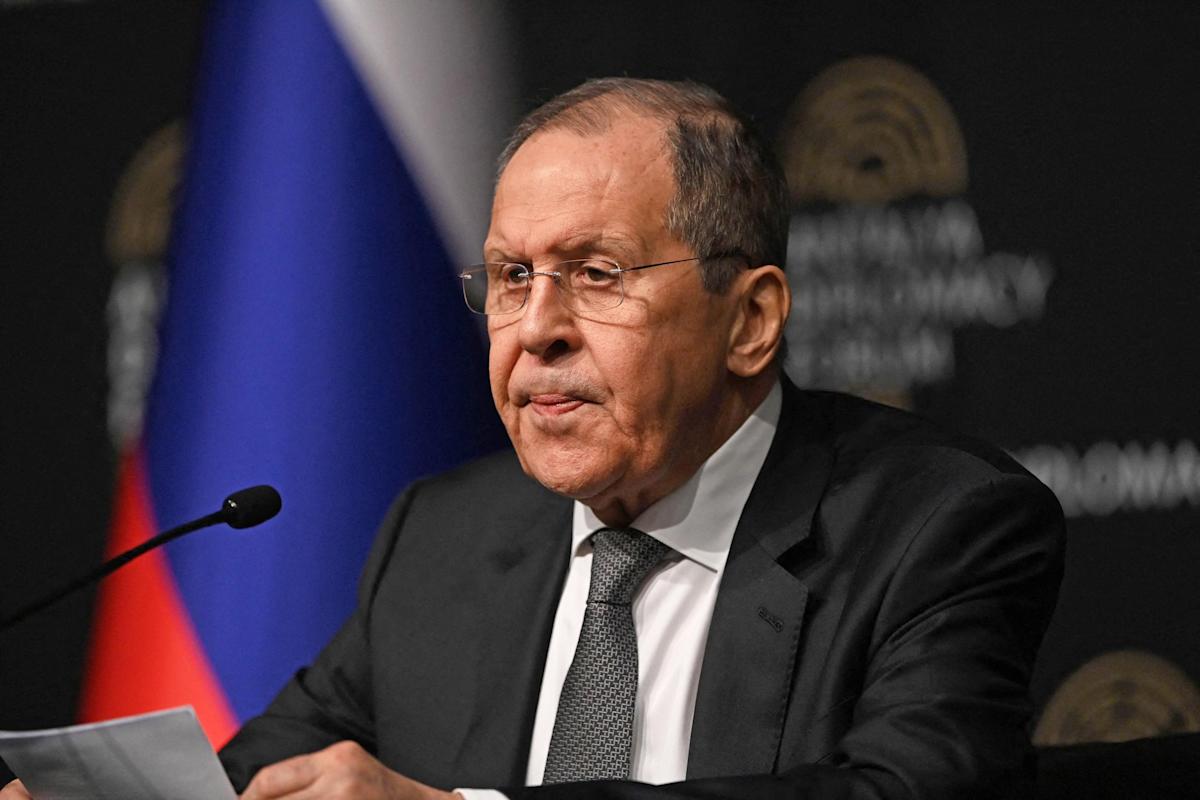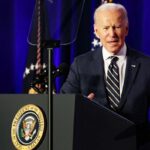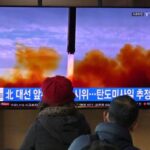
Russia’s eleventh-hour demands are threatening to torpedo negotiations aimed at reviving the 2015 Iran nuclear deal, just as world powers appeared close to reaching an agreement with Tehran, Western officials and former U.S. officials said Friday.
Negotiations in Vienna broke up Friday without any agreed time when the parties would meet again after Russia said it wanted written guarantees that new Western sanctions imposed on Moscow over its invasion of Ukraine would not interfere with its trade and military cooperation with Iran.
The Russian move put at risk a months-long effort by the United States and European powers to curtail Iran’s nuclear work and prevent Tehran from building nuclear weapons. Before Russia’s invasion of Ukraine and the subsequent Western reaction, Moscow had played a largely constructive role in the nuclear talks, according to Western diplomats.
A final text of an agreement to renew the nuclear accord between Iran and world powers was “essentially ready and on the table,” but the parties called for a pause in the talks in Vienna due to “external factors,” European Union foreign policy chief Josep Borrell told reporters.
Western officials said Russia’s new demands, which Foreign Minister Sergey Lavrov laid out publicly last weekend, had caused the break in the talks and it was unclear if the deal could be salvaged.
“The Russian demands have thrown a wrench into this process at the last minute,” said Eric Brewer, a former senior national security official who worked on arms control policy under previous U.S. administrations. “It’s now really unclear whether talks will succeed,” said Brewer, now a senior director at the Nuclear Threat Initiative.
British diplomat Stephanie Al-Qaq, director of Middle East and North Africa for the U.K.’s Foreign Office, said in a tweet she was “deeply disappointed” the talks had paused and said Iran and the United States had “worked hard to resolve final issues.”
She added, “External factors must be resolved in next few days or agreement likely to unravel.”
The United States and European governments so far have rejected Russia’s demand regarding sanctions, arguing it falls outside the parameters of the 2015 nuclear deal, known as the Joint Comprehensive Plan of Action (JCPOA).
“The new Russia related sanctions are wholly and entirely unrelated to the JCPOA. They shouldn’t have any impact on a potential implementation of the JCPOA,” State Department spokesperson Ned Price told a news briefing on Friday. “We’ve also similarly been clear that we have no intention of offering Russia anything new or specific as it relates to these sanctions.”
U.S. special envoy Robert Malley and his negotiating team have returned to Washington for consultations, and “there will need to be decisions made in places like Tehran and Moscow,” Price said.
“Now is the time for all parties to show seriousness,” another State Department spokesperson, who was not authorized to speak on the record, told NBC News. “We urge all parties, including Russia, to focus on resolving the final remaining issues so that we can achieve our shared objective: ensuring Iran does not acquire a nuclear weapon.”
The 2015 nuclear accord, between Iran and Britain, France, Germany, Russia, China and the United States, imposed restrictions on Iran’s nuclear program in return for an easing of U.S. and international economic sanctions. President Donald Trump withdrew the U.S. from the deal in 2018, reimposing sanctions and introducing additional economic pressure against Tehran.
Iran has since surpassed the deal’s limits on its nuclear work, employing advanced centrifuges and building up a stockpile of uranium enriched to levels not permitted under the JCPOA. Arms control experts say Iran is only a few weeks away from having enough fissile material for a nuclear weapon.
Iran has denied it has any intention of making nuclear weapons.
Russia’s envoy to the nuclear talks, Mikhail Ulyanov, rejected the idea that his government had derailed the negotiations and said Moscow’s interests had to be taken into account.
“In view of the new circumstances and wave of sanctions against Russia we have the right to protect our interests in the nuclear field and wider context,” Ulyanov said.
Iranian Foreign Ministry spokesperson Saeed Khatibzadeh said the break in the Vienna talks “could be a momentum for resolving any remaining issue” to reviving the deal.
“Successful conclusion of talks will be the main focus of all,” the foreign minister said in a tweet. “No external factor will affect our joint will to go forward for a collective agreement.”
Iran has refrained from criticizing Russia’s invasion, and Foreign Minister Hossein Amir-Abdollahian has blamed the crisis on “NATO’s provocative actions.”
EU diplomat Enrique Mora, who met Iranian officials on Friday, told reporters that “we are almost there” and added: “We are almost at the limit of negotiating footnotes.”
Under the deal, Russia is supposed to receive excess enriched uranium from Iran in exchange for natural uranium, provide fuel to a nuclear plant in Bushehr and provide other assistance to ensure Iran’s nuclear program is used for peaceful purposes.
But if Russia stuck to its current negotiating position, it was difficult to see how the deal could be rescued, experts said.
“It seems that through a special diplomatic operation Russia has thwarted the Iran nuclear deal’s restoration,” said Ali Vaez of the International Crisis Group.
“The Kremlin seems to believe that neither resolving a major security concern for the West nor bringing down the global energy prices is in its interest right now.”
According to Brewer of the Nuclear Threat Initiative, the options are: try to persuade the Russians to reel in their demand, try to restore the deal without them, or explore an interim deal.
“None of those are easy. All take time. And time is in short supply,” Brewer said.




